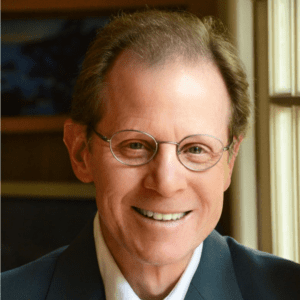“The major innovations in art, music, technology and science come from adolescent minds,” says psychiatrist and bestselling author Dan Siegel. There’s only one problem, he adds. As adults, we’re constantly trying to create routine and order that, while providing direction and safety for our children, also undermines their creativity.
In this video clip from Siegel’s unforgettable 2014 Networker Symposium address, “Unwrapping the Gift of the Adolescent Brain,” he debunks some of the common myths surrounding adolescent brains and behavior.
Often, kids’ or teens’ loud, boisterous behavior is chalked up to “raging hormones” or “immaturity.” But learning about the adolescent brain and how it functions could mean the difference between bolstering your young clients’ creativity and productivity, or losing their respect and attention altogether.
“We as a psychotherapy community have the potential to change the cultural conversation around adolescence,” Siegel says. What’s more, he adds, is changing our attitudes toward adolescent behavior can help us rekindle the passion and creativity that eludes many of us later in life.
Dan Siegel
Dan Siegel, MD, is the founder and director of education of the Mindsight Institute and founding codirector of the Mindful Awareness Research Center at UCLA, where he was also coprincipal Investigator of the Center for Culture, Brain and Development and clinical professor of psychiatry at the School of Medicine. An award-winning educator, he’s the author of five New York Times bestsellers and over 15 other books, which have been translated into over 40 languages. As the founding editor of the Norton Professional Series on Interpersonal Neurobiology (IPNB), he’s overseen the publication of over 100 books in the transdisciplinary IPNB framework, which focuses on the mind and mental health. A graduate of Harvard Medical School, Dan completed his postgraduate training at UCLA specializing in pediatrics, and adult, adolescent, and child psychiatry. He was trained in attachment research and narrative analysis through a National Institute of Mental Health research training fellowship focusing on how relationships shape our autobiographical ways of making sense of our lives and influence our development across the lifespan.












